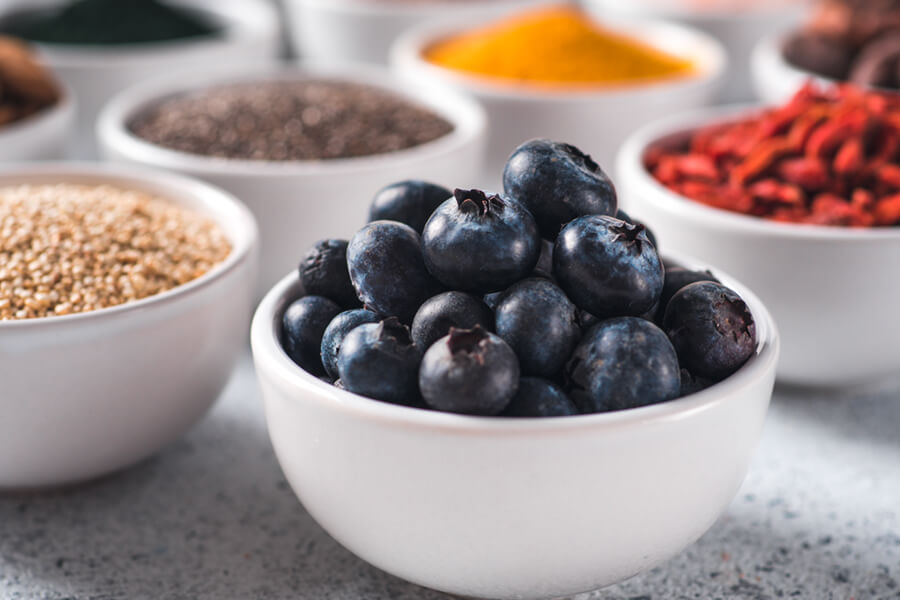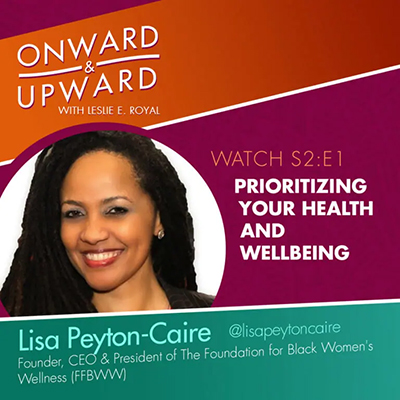Improving Your Mood with Food: The Powerful Connection Between Nutrition and Mental Health
Diet and Depression
Did you know that over 21 million adults in the U.S. experienced a depressive episode in 2020, as reported by the National Institutes of Health (NIH)? A staggering 31% of U.S. adults have experienced anxiety at some point. Additionally, women are more likely to experience depression and anxiety than men. If you find yourself struggling with a depressed mood or anxiety, it’s important to remember that you’re not alone.
Depression and anxiety can arise due to various factors, and one significant aspect to consider is the impact of your diet. What we eat or don’t eat can influence our physical well-being and mental health. For instance, studies have shown that processed, fast, and fried foods are strongly associated with depression and anxiety. Additionally, deficiencies in vital nutrients like omega-3 fatty acids, folate, tyrosine, and tryptophan have increased the likelihood of experiencing these mood disorders. It’s possible that consuming a diet high in inflammatory foods can contribute to developing mood disorders. Furthermore, a lack of magnesium and vitamin E in one’s diet has also been shown to contribute to depressed mood. Additionally, imbalances in the bacteria in our gut have been linked to worsening symptoms of depression.
Processed, fast, and fried foods are strongly associated with depression and anxiety.
Food Choices Matter
Given this information, it is worth exploring whether improving our diets can positively impact mood. Extensive studies have been conducted to investigate whether dietary changes can effectively alleviate symptoms of depression and anxiety. Some research suggests that restricting meat consumption, including fish and chicken, can improve mood, even in the short term. Arachidonic acid, found predominantly in chicken, eggs, beef, pork, and fish, has been found to have a negative effect on mood.
On the other hand, a diet rich in plant-derived foods, such as fruits, vegetables, and whole grains, has been associated with a more positive mood and reduced anxiety. It is important to note that the entirety of a person’s diet has the most significant impact on their mood, rather than individual nutrients alone. To enhance mood and decrease anxiety, you should reduce or eliminate foods that contribute to depressive symptoms while increasing the consumption of foods that uplift mood. Let’s take a look at some examples of mood-enhancing foods:
- Omega-3 Rich Foods: Incorporating walnuts, flax seeds, hemp seeds, and chia seeds into your diet can provide a healthy dose of omega-3 fatty acids, which have been shown to improve mood.
- Dark Chocolate: Consuming dark chocolate has been associated with improved gut bacteria, potentially reducing depression and anxiety.
- Anti-Inflammatory Foods: Foods with anti-inflammatory properties, such as turmeric, blueberries, raspberries, broccoli, Brussels sprouts, green tea, and bell peppers, may help alleviate symptoms of depression and anxiety.
- Magnesium and Vitamin E: To counteract depressed mood and anxiety, including foods rich in magnesium and vitamin E in your diet is beneficial. Spinach, almonds, pumpkin seeds, and figs are excellent sources of these nutrients.
- Fermented Foods: Fermented foods like tempeh, miso, kimchi, or sauerkraut contain probiotics that can improve gut health and, consequently, enhance mood.
- Folate and tryptophan: Foods high in folate and tryptophan can help decrease symptoms of depressed mood and anxiety. Lentils, bananas, broccoli, beans, and asparagus are good sources of these nutrients.
A diet rich in plant-derived foods, such as fruits, vegetables, and whole grains, has been associated with a more positive mood and reduced anxiety.
Sample Meal Plan
Now that we understand the potential power of food in improving mood, let’s explore what a day of mood-boosting eating might look like:
To start your day, consider a breakfast of whole grains like oatmeal topped with butter, ground flax seeds, and a cup of berries. For lunch, enjoy a large salad with various leafy green vegetables, black beans, red, yellow, and orange peppers, quinoa or brown rice, tomatoes, and a dollop of hummus. Accompany your salad with some apple slices. A cup of lentils, baked sweet potatoes, and Brussels sprouts can provide a nutritious and mood-enhancing meal for dinner. Remember, it doesn’t have to be complicated to make positive changes to your diet.
Written by: Amanda Adkins, MD | Editor: Dayna Smith, MD | Reviewed July 18th, 2023 | Copyright myObMD, Inc, 2023.
References
- Greger, Michael. (2015) How Not to Die. New York, NY. Flatiron Books. pp. 198-211.


